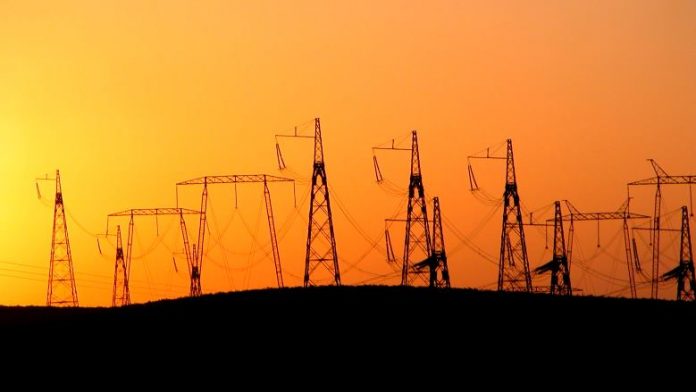The Joint Working Group (JWG) on CASA-1000 is set to meet with the World Bank, international financial institutions (IFIs), and donors in Istanbul on November 21-22, 2024, to discuss challenges delaying the power transmission project and chart a path toward its completion.
The CASA-1000 initiative, launched in 2006, aims to transport surplus electricity from Kyrgyzstan and Tajikistan to Afghanistan and Pakistan during summer months.
The project involves $1.2 billion in funding from agencies including the World Bank, USAID, and the Islamic Development Bank, with Pakistan contributing $220 million.
While its infrastructure includes bi-directional transmission capabilities, allowing for reverse power flow in winter, progress has been hampered by funding challenges in Afghanistan.
Key contracts for the project were awarded to contractors from India and other countries through competitive bidding, with disbursements verified by consultants. However, the political situation in Afghanistan has led to the suspension of funding from the World Bank and USAID, halting construction activities.
Recent discussions among CASA-1000 stakeholders have highlighted the need for the World Bank to re-engage in Afghanistan. In a meeting in Dubai last December, ministers from participating nations urged the Bank to restart funding, stressing that completed assets in other countries would remain underutilized until the Afghan segment of the transmission line is operational.
The World Bank, during a working group meeting in March 2024, confirmed its willingness to release $300 million under a revised framework that bypasses Taliban control. Afghanistan’s energy utility, Da Afghanistan Breshna Sherkat (DABS), has endorsed this approach and is working with contractors to reassess project timelines.
Sources indicate that 100% of the transmission materials in Afghanistan remain intact, with contractors ready to resume work upon settlement of arrears and confirmation of further funding. Work is expected to restart within months, with project completion targeted for 2026.
The meeting in Istanbul will focus on resolving these funding bottlenecks and expediting progress to ensure the project delivers its intended benefits for the region.
























